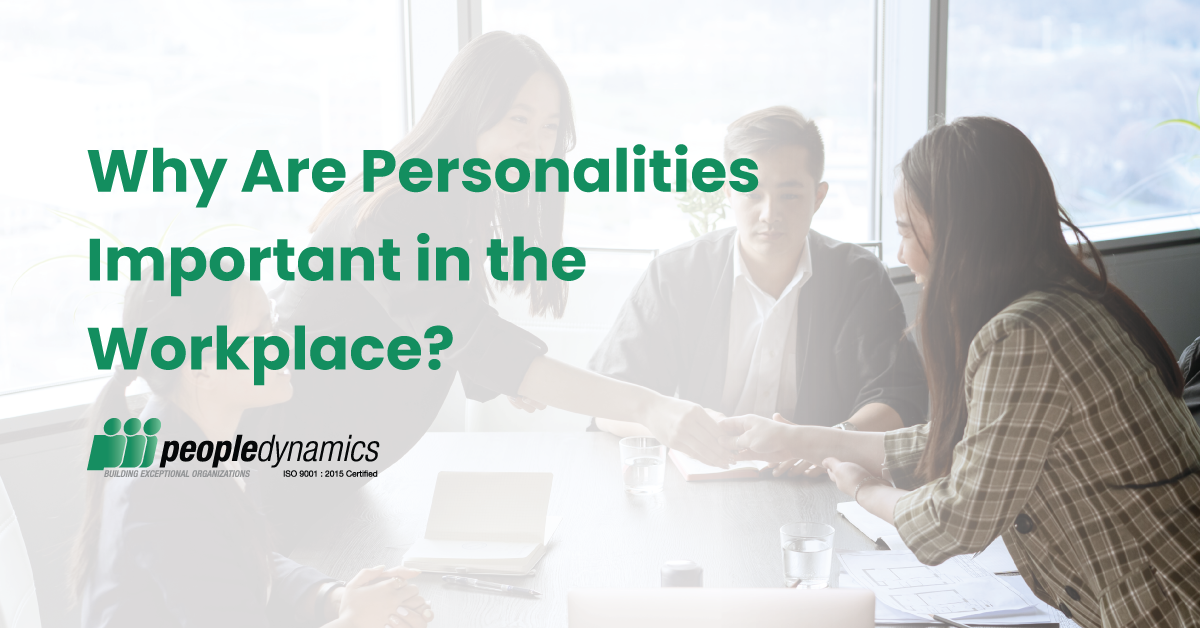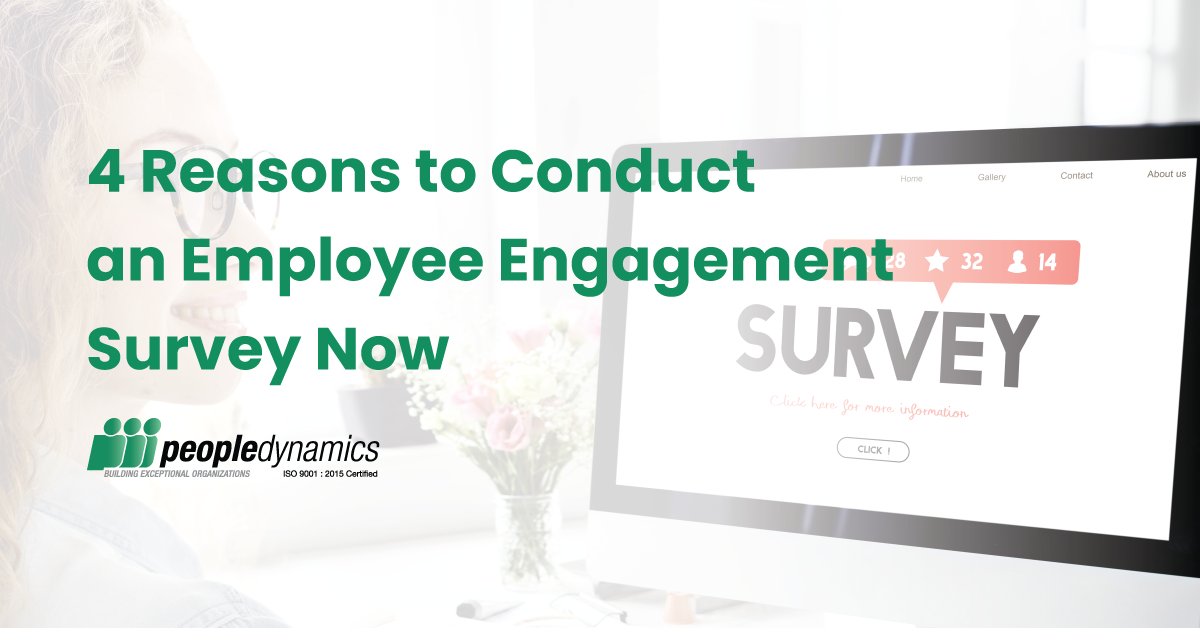A diverse organization will have members with varying personalities. And sometimes, it does not go well. Have you experienced not getting along with a co-worker because you do not click with each other? Did you have a hard time working with them? Or maybe, you hired someone, but they did not stick around because their personality was not fit for your work culture?
As professional as you or the members of your organization may be, the difference in personalities may pose a threat to producing the best work results or achieving your company goals. Here are the reasons why personalities matter in the workplace.
Click here to be redirected to the video version or go to the bottom of this page.
Why do personalities matter at work?
Better job fit
Fact: employee turnovers are expensive!
The cost ranges from 30% to 150% of an employee’s salary. At the same time, you also lose a chunk of your business when an employee leaves. Personalities also factor in an employee’s decision to stay in the company or not. If their personality doesn’t fit your company culture, what makes you think they will stay?
The same goes for the job. For example, a more introverted person who doesn’t like speaking in public will most likely not get a job that requires them to do so. Having the right personality for the job or organization will result in a better job fit and bring you many benefits—including reduced turnover.
A more cohesive team
Understanding your people’s personalities can help you better understand how they work and how you can work with them, especially when creating teams.
Making up a team are individuals, and personality can be the mortar that holds the team together or the chisel that tears it apart. Members have to be able to work and engage together.
However, this doesn’t necessarily mean that people with the same personalities work better together. Or that those with opposing ones don’t. It’s all about whether the members are team players—one common challenge that causes teams to fail.
Fortunately, there are interview questions that can help you determine if a talent is a team player or not. Assessments and tools are also available to help you know more about a candidate or employee, such as their personality style and behaviors. The reports from these can assist you in building more dynamic and cohesive work teams.
Utilizing strengths and improving weaknesses
Personalities are also crucial in determining strengths and weaknesses. For example, you can assign a task to an employee where you know they will excel. At the same time, you’d be able to think about what each member can and can’t do.
On a personal level, while skills are critical in how well a person can do your job, knowing where personality can become a talent will dynamically change how people interact with work.
Personalities play an essential role in job and team satisfaction. Learn about them now and utilize them in the workplace!
People Dynamics offers online personality assessments such as DISC Flow® and the DISC Personality Profiler for your organization! To learn more, book your free online demo at https://peopledynamics.co/request-a-demo or email us at solutions@peopledynamics.co.




